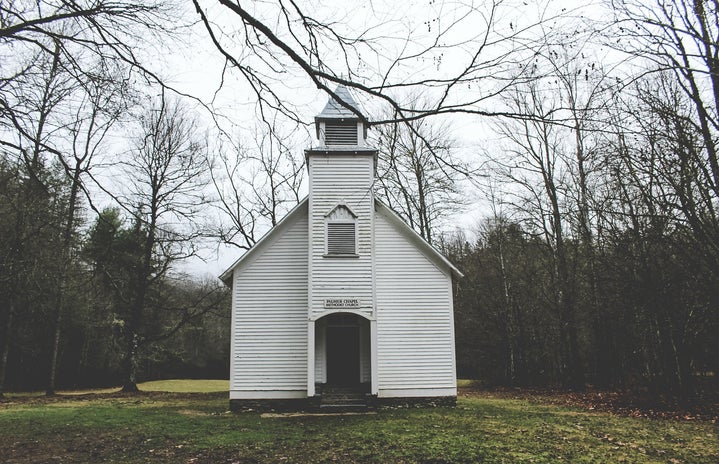A new sex education programme proposed for primary school students has resulted in fierce debate in recent days. What exactly is ‘Flourish’, the name of the potential new resource, and what problems lie at the foundation of sex ed in Ireland?
‘Flourish’ was released by the Irish Bishops Conference and, quite obviously, adheres to a Catholic ethos. It has drawn considerable criticism on account of its stance on LGBTQ+ teachings.
“The Church’s teaching in relation to marriage between a man and a woman cannot be omitted,” its published outline says. It does not state whether or not the legal provision for same-sex marriage will be acknowledged in the plan.
The use of the programme itself, which is available from junior infants to sixth class level, is up to the discretion of individual teachers when teaching relationships and sexuality education (RSE). While it does refer to the fact that modern Ireland has a diverse population made up of various religious backgrounds, the document’s final paragraph declares that children should learn about the dynamics of love in a “Christian and respectful” way.
UCD’s Students’ Union has spoken out against the plan and asked government to ensure that objective sex education can be delivered to primary school pupils. Ruairi Power, UCDSU’s welfare officer, referred to its views as outdated and its refusal to validate same sex marriage as problematic.
“LGBTQ+ young people are at significantly higher risk of mental ill health, and the deliberate failure to put them on adequate footing with their peers in the delivery of sex education is simply wrong,” Power said in a statement issued on the UCDSU’s website.
Power also suggested that failures in the education system to date on issues such as consent and healthy relationships speaks to the prevalence of sexual violence in Irish society.
“We would not see the same need for massive campaigns and programmes to combat sexual violence in third level institutions if every student arrived at college with comprehensive RSE education. There is a clear requirement for the state to step in and ensure that no student is left behind by a regressive, ethos driven RSE programme,” Power added.
The reality is that a commitment to Catholicism will probably not be the main determinant for a teenager who is thinking about having sex. It’s based on an array of factors, the best-case scenario being that they are informed and ultimately happy about their choice. The Church not only is silent on this front, but it also fails to give context to the darker side of sex in young people, including the unfortunate reality of pressure from partners.
By the time they are 15, an estimated 14 per cent of girls and 21 per cent of boys in Ireland will be sexually active, according to a report from the World Health Organisation’s (WHO) regional office on sex education across Europe. This shows a clear need for people, potentially as early as in their senior years of primary school, being given concrete and factual information about sex.
One country known for its progressive attitudes towards sex education is Denmark. Although not compulsory, a campaign ran by non-profit company Sex and Samfund (Sex and Society) results in the sixth week of the school calendar being committed to awareness of sexual health. Known as ‘Sex Week’, a play on the Danish words for sex and the number six, an estimated 400,000 students and 20,000 teachers participated in its run in 2019.
Each year has a theme, 2019’s being the importance of digital safety, chiefly focusing on sexting and the importance of online consent. Interestingly, ‘Flourish’ also mentions the significance of online safety and teaching children about morality in terms of Internet use, but it’s almost impossible to imagine a similar event of such national magnitude taking place in Irish schools.
Catholic schools do have the right to articulate the views of the Church in the curriculum. But the proposed programme does not cater for a community that, by its own admission, is complex and continually evolving. A framework consisting of Catholic and liberal views, alongside the realities of law, would provide factual sex education for a pluralistic society. The Church may not recognise gay marriage, but that doesn’t change the State’s position, and it is important that facts such as the above are laid out clearly for children.
Ultimately, the division regarding the proposed new RSE programme is not about lambasting Catholic ethos, or saying that they have no place in sexual education. Religion for centuries has dominated attitudes regarding sex, and failing to acknowledge this would be inaccurate. It remains to be seen, however, whether the controversy will prompt the Church to rethink their strategy. A more inclusive and forward-thinking approach towards sex ed is long overdue.



